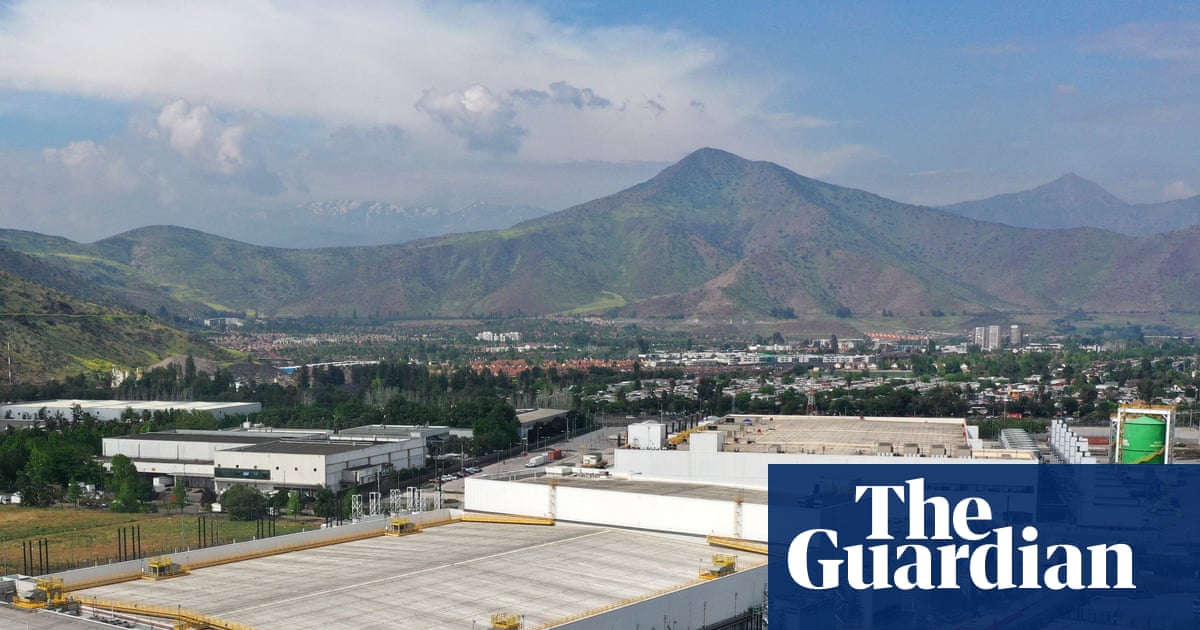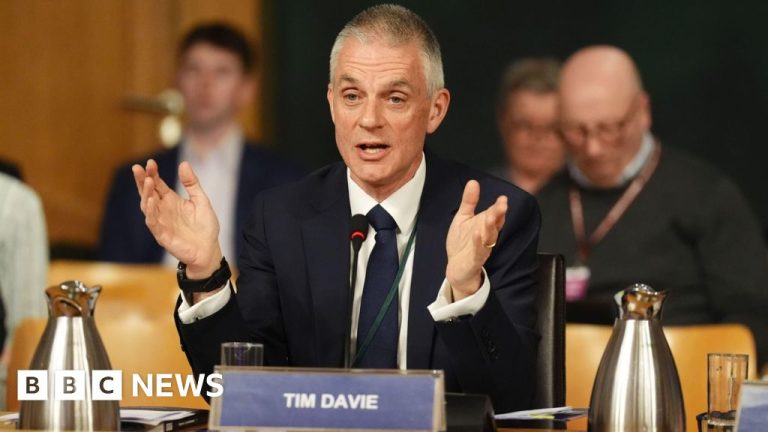This Q&A originally appeared as part of The Guardian’s TechScape newsletter.
The data centres that power the artificial intelligence boom are enormous — in financial scale, physical footprint and the volumes of information they contain — so stopping their construction can feel like opposing an avalanche. Yet resistance is rising in the United States, the United Kingdom and Latin America, where many data centres are being built in some of the world’s driest regions. Local opposition often focuses on environmental impacts and resource consumption.
Paz Peña, a researcher and fellow with the Mozilla Foundation who studies the social and environmental effects of technology in Latin America, spoke at the Mozilla festival in Barcelona about communities taking governments and corporations to court to force disclosure of information they’re being denied.
The Guardian: Could you describe your research?
Paz Peña: My research looks at governments’ positions on data centres and the promises behind them — the relationships between Latin American governments and big tech, and the lobbying around infrastructure. Chile and Brazil are the leading countries for data centre activity in the region, and Chile has a lot of resistance.
Many governments — including leftwing administrations — are focused on attracting foreign investment for data centres. They present national investment plans and offer incentives such as tax exemptions; in Brazil that’s caused major controversy. In Chile, authorities are trying to loosen environmental assessment requirements for data centres.
The Guardian: Carving out an exception for them?
Peña: Exactly. There isn’t a specific environmental impact category for data centres in Latin America. In Chile they are currently evaluated mainly on diesel use because many rely on diesel generators; the quantities are huge. The government adjusted administrative thresholds in the environmental assessment system so data centres now often avoid full environmental impact assessments. That removed a key channel for communities to learn about the impacts. Governments are creating openings for investment but not setting rules on diesel use, energy, water and other environmental issues.
The Guardian: Without that information, is opposition confused or emboldened by being kept in the dark?
Peña: In Chile, local activists are very angry with the leftwing government. President Gabriel Boric promised an “ecological government,” and people expected transparency and sustainability. Instead they feel betrayed. The national data centre plan was presented mainly to industry, with few community representatives, leaving people feeling excluded.
The lack of transparency is the main problem. Corporate secrecy around energy and water needs persists, and governments often accept that secrecy. When communities ask for data, officials sometimes refuse citing commercial confidentiality. That drives people to consider legal action. Latin America is party to the Escazu agreement, an environmental treaty that promotes transparency and access to information; communities have invoked it in court.
A notable example is Uruguay, where locals went to court over a planned Google data centre in Montevideo during a severe drought. Residents were showering with buckets of water while the government said Google’s water needs were commercially confidential. The court ruled in favour of disclosure, citing the Escazu agreement.
When communities demand information on social and environmental impacts, corporations and some governments cast them as opposing technological or economic progress. Yet the first step for communities is information; often litigation is the only way to force disclosure. Many legal actions fail, but some succeed and can reveal crucial details.
The Guardian: If a community loses these fights, what should they do next?
Peña: In some Chilean communities I interviewed, big tech wasn’t seen as the primary enemy. Instead, a data centre could be a strategic lever to push for higher environmental standards locally, because many communities already face other polluting industries. Tech companies tend to care about their public image, so communities can pressure them to set better environmental practices and then use that as leverage against worse local polluters. For now, the opposition is often focused on environmental protection rather than blanket anti-tech sentiment.
The Guardian: The projects are massive. How do communities sustain belief in their opposition?
Peña: Those active against data centres often have long experience in environmental campaigning and are used to confronting large corporations and governments. They understand the difficulty of the struggle and are prepared for a long fight. Their work combines seeking transparency, legal action where possible, and using any gains — such as commitments from tech companies — to improve local environmental governance.




